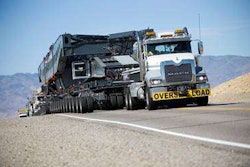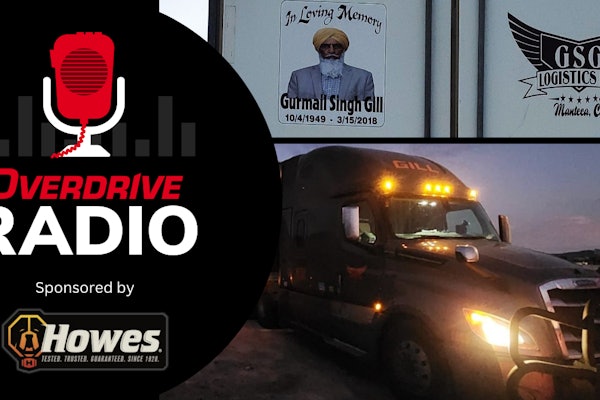
Some of the operators in attendance went farther. Owner-operator Greg Petit, in part of his commentary captured by Overdrive in this brief video, accused the agency of misplaced concern. “Take on the real problem” in the industry, he said, and “stop coming after us with all of this.” Petit cited the federal intrusion into the cab with EOBRs as an unnecessary move to combat what he saw as a problem that originates with the nation’s shippers and receivers — and some trucking companies’ and owner-operators’ seeming inability to work with them to reduce driver detention time at docks.
Unfortunately for EOBR opponents, it’s only natural that the agency would put its focus where it has authority — on trucking companies and drivers. All the same, though, protections in the U.S. code already exist for any driver who would refuse to violate any safety regulation, including hours of service rules, should his or her carrier retaliate for the refusal. But often, when a lease hangs in the balance, or when the pressure to run hard to make money is high (particularly for independents running on their own authority), the choices facing operators day to day can be hard to make.
All of which is to say nothing of the expense and, many contend, reliability of EOBR systems. One operator, commenting at Overdrive‘s Facebook page, had this to say: “Any way you slice it, it is an added extra expense for any operator, or company, big or small. Not to forget that it is electronic. Electronics go out, period. Paper is always reliable. Paper does not have to be trained or re-trained. You don’t have to have technical support for paper, nor an auditor, nor does it ever have to be reprogrammed….” The same operator also made note of the fact that FMCSA’s Larry Minor said there would be another listening session next month. Keep an eye on the FMCSA website and Overdrive for an announcement of when, where and how to participate.
And in our June issue, as I wrote last week, we’re probing the biggest problems in the industry toward proposing solutions to them — if you haven’t as yet, take a moment to vote for the top problem in the poll that follows, then list your top five in the comments, whether listed here or not (any added commentary on solutions would be greatly appreciated). And check out the related stories linked below to read more about the debate over electronic logs that has been front and center in the industry over the last several months.
RELATED:
Operators vent over EOBR
FMCSA asks court to exclude recorder use survey
ATA sides with agency over use of electronic logs
FMCSA to move on electronic recorders, hours
EOBR report addresses driver harassment
Elephants in the room: MCSAC snapshot










